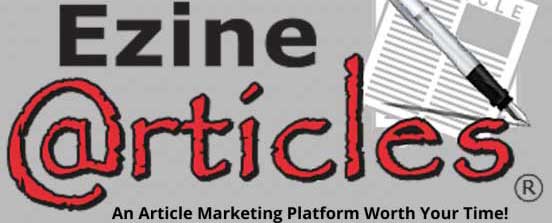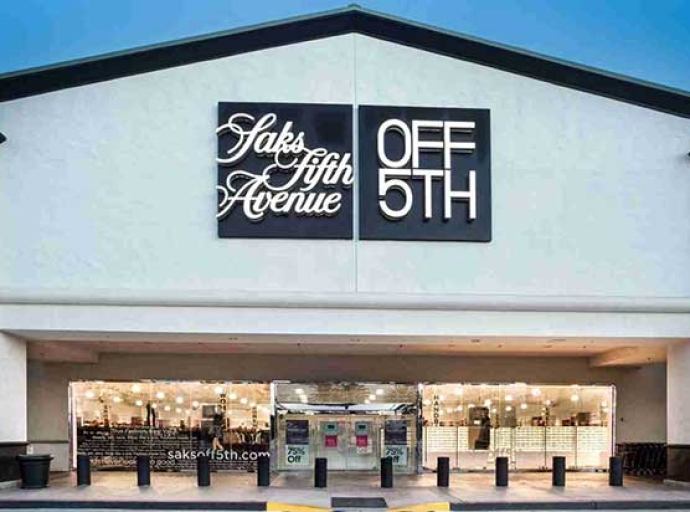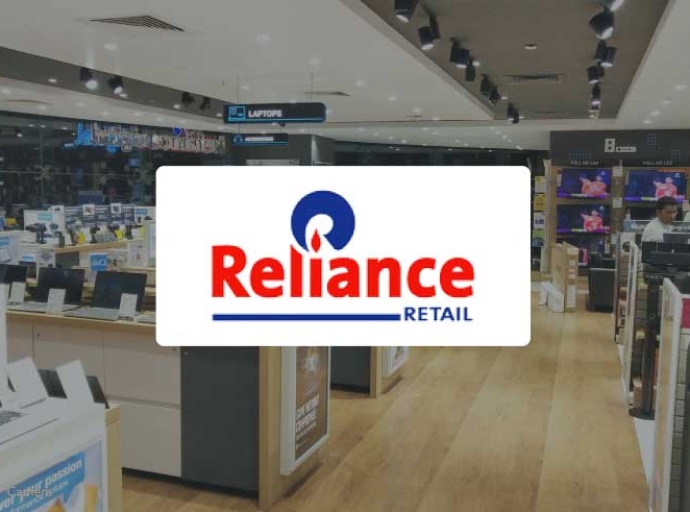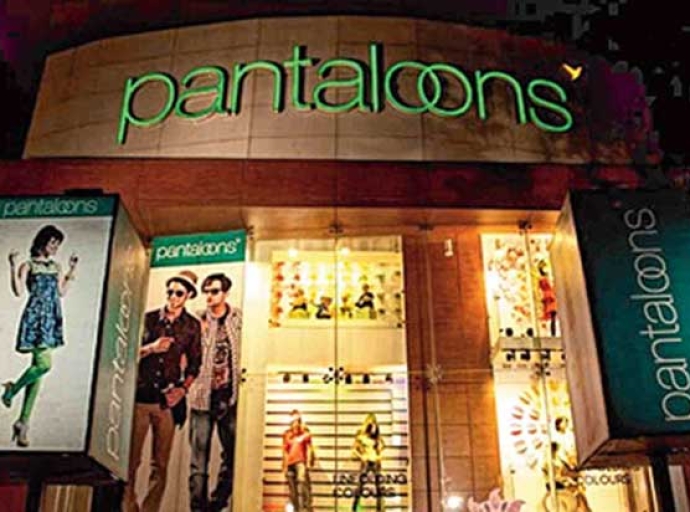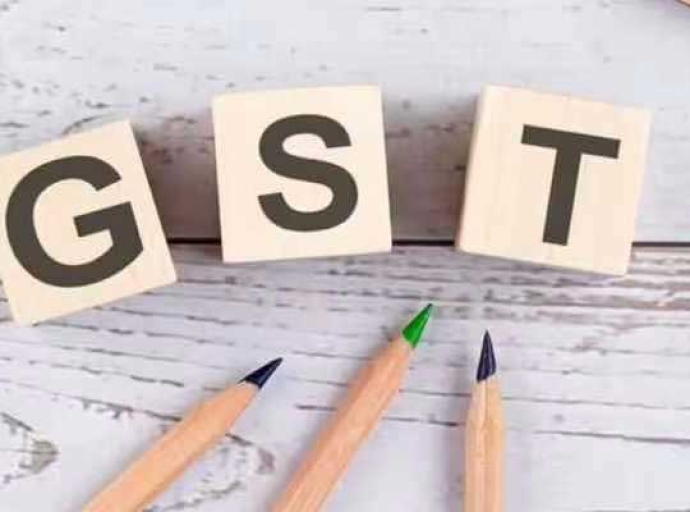Exploration towards a new agreement for responsible supply chains in the garments and textile sector

13 December 2021, Mumbai:
Exploration towards a new agreement for responsible supply chains in the garments and textile sector
13 December 2021 - Business, trade unions and NGOs have started negotiations on a new agreement to further human rights, international labour rights, the environment and animal welfare in the garments and textile sector. Parties jointly seek to drive leadership on responsible business conduct due diligence, aligned with the OECD Guidelines and the UNGPs on business and human rights.
The parties involved (see below) want to help companies implement the due diligence guidelines and facilitate companies from a garments sector perspective based on upcoming legal requirements. The EU will come with a legislative proposal in 2022, and also the Dutch government has committed to drafting due diligence legislation. The agreement aims to set the most impactful goals in the sector. The initial focus is on the national and international players active in the Dutch market, but the process is also open to organisations active in other European countries. It is expected that the new agreement will see the light in the course of early 2022, depending on the commitment of the Dutch government and the integration in the extended producer responsibility system of the sector, among others. The Social and Economic Council of the Netherlands (SER) facilitates the process.
Collective impact
Dialogue towards the agreement was born from the recognition that while progress has been achieved under the Dutch Agreement on Sustainable Garment and Textile (AGT), significant gaps remain in addressing complex and endemic human rights, international labour rights, environmental and animal welfare risks in the garments and textile sector supply chain. The AGT expires at the end of this year. Parties in the exploration process use the knowledge and experience built up in the AGT and in addition look at possibilities to include circular strategies into the new agreement.
“The agreement is being designed by the parties to be impactful. The approach focusses on clear, individual and shared commitments to drive collective goals. This gives the sector a common point of reference on how impact can be achieved on known risks in the sector,” says Jennifer Schappert, chair of the process on behalf of the SER. Schappert has extensive experience in the international RBC field within the garments and textile sector. For example, she led the negotiations at the OECD on the garments and textile sector guidance. At the OECD she carried out several alignment assessments on the extent to which sector initiatives are in line with the OECD Guidelines. The exploration of the new agreement is in line with the facilitating role of the SER to foster multi-stakeholder dialogue and cooperation.
Parties involved
The parties involved in the exploration process are:
- trade associations InRetail and Modint
- trade unions CNV and FNV
- NGOs Solidaridad and UNICEF.
About the SER
The Social and Economic Council (SER) is one on the main advisory bodies to the Dutch government and parliament on social and economic policy. In the SER, employers’ organizations, unions and independent experts (crown-appointed members) work together. The SER also brings together various parties to support multi-stakeholder initiatives on societal issues, like the agreements on international Responsible Business Conduct.
Dear Reader, we at DFU Publications are committed to providing the latest news updates on trade development and insights, to keep our readers informed. Stay tuned. Subscribe to our newsletter.
DAILY NEWS:
Latest Publications


